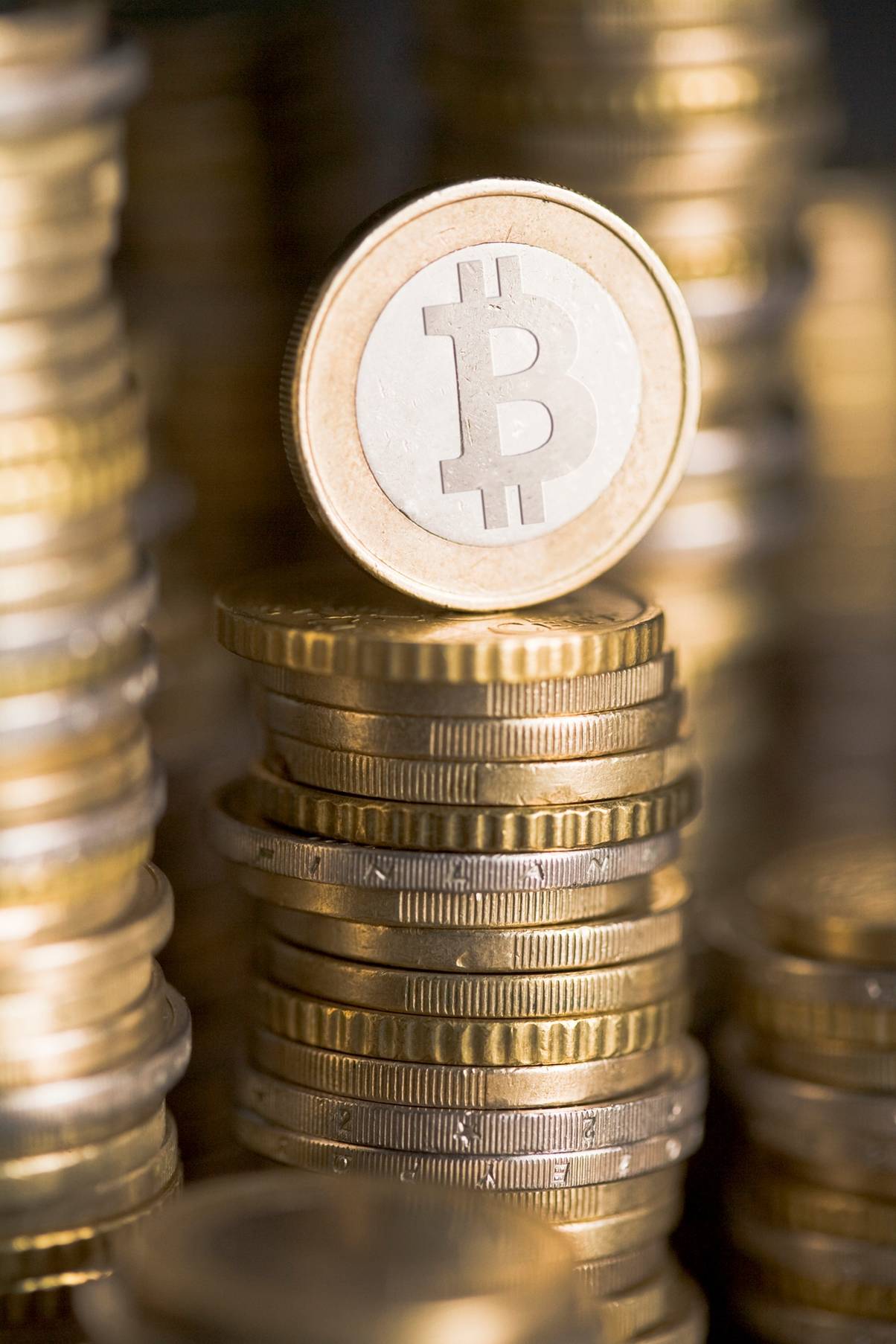
The creator of Silk Road, a dark web marketplace, would be a billionaire by now if the U.S. hadn’t auctioned off his Bitcoins at an insanely low price.
Ross Ulbricht is one of dozens who has received a presidential pardon from President Donald Trump this week, slamming the brakes on his hefty prison sentence which was double life in prison, plus 40 years, without parole.
He walked free after spending almost 12 years behind bars.
The 40-year-old from Texas, who went by the name Dread Pirate Roberts online, created and operated the dark web market website Silk Road from 2011 up until his arrest in 2013.
The tech pro was convicted and banged up two years later for seven counts relating to the site, which facilitated the sale of illegal drugs and other illicit items using Bitcoin, including engaging in a continuing criminal enterprise, distributing narcotics over the internet, amongst a raft of other charges.
Trump later vowed to free the Silk Road founder if he returned to power while at the Libertarian Party National Convention last year and called his sentencing ‘ridiculous’.
His fans and liberation campaigners are now celebrating his release, with Ulbricht himself issuing a heartfelt thanks to the POTUS in a lengthy video on Twitter.
However, while the Silk Road founder is now a free man, he is apparently missing out on what would’ve been a fortune after federal agents sold his cryptocurrency.

According to the campaign website Free Ross, Ulbricht used the skills he had gained as a research scientist and in economic studies to become a currency trader and entrepreneur.
He launched Silk Road at the age of 26, two years after leaving college, after he came up with the idea of an e-commerce website that allows users to buy goods anonymously.
But when FBI agents arrested him in 2013, they confiscated his laptop – and with it, Ulbricht’s hefty collection of Bitcoins.
As part of his federal conviction, the judge ordered him to forfeit almost $184 million while the US Marshals Service arranged a series of auctions to sell off more than 144,000 of his digitalized cash.
To add insult to injury, the Marshals sold the wallets at a time when the currency had plunged in value to record-lows, from $1,000 to $300, according to Fortune.
Those Bitcoins would be worth around $14 billion today but in 2014, amassed a little more than $48 million, around $334 each.

Ulbricht tried to legally challenge the forfeiture but abandoned the claim in 2017 as well was waiving any rights to the Bitcoins.
The Free Ross campaign group claim Ulbricht has ‘never been motivated by money’.
Meanwhile, the US Justice Department continues to crackdown on other crypto ventures sparked from the Silk Road enterprize, including the seizing and selling of Bitcoins that were stolen by corrupt federal agents in the investigation.
However, now that Trump has essentially wiped Ulbricht’s conviction, questions are now emerging if the Penn State graduate would be able to claim the US government wrongly seized and sold his property – and better yet, if he could try and get it back.
According to the former federal prosecutor, Renato Mariotti, a pardon releases any forfeiture of property unless it has already been sold and spent, which could be the case with Ulbricht’s Bitcoins, reports Fortune.